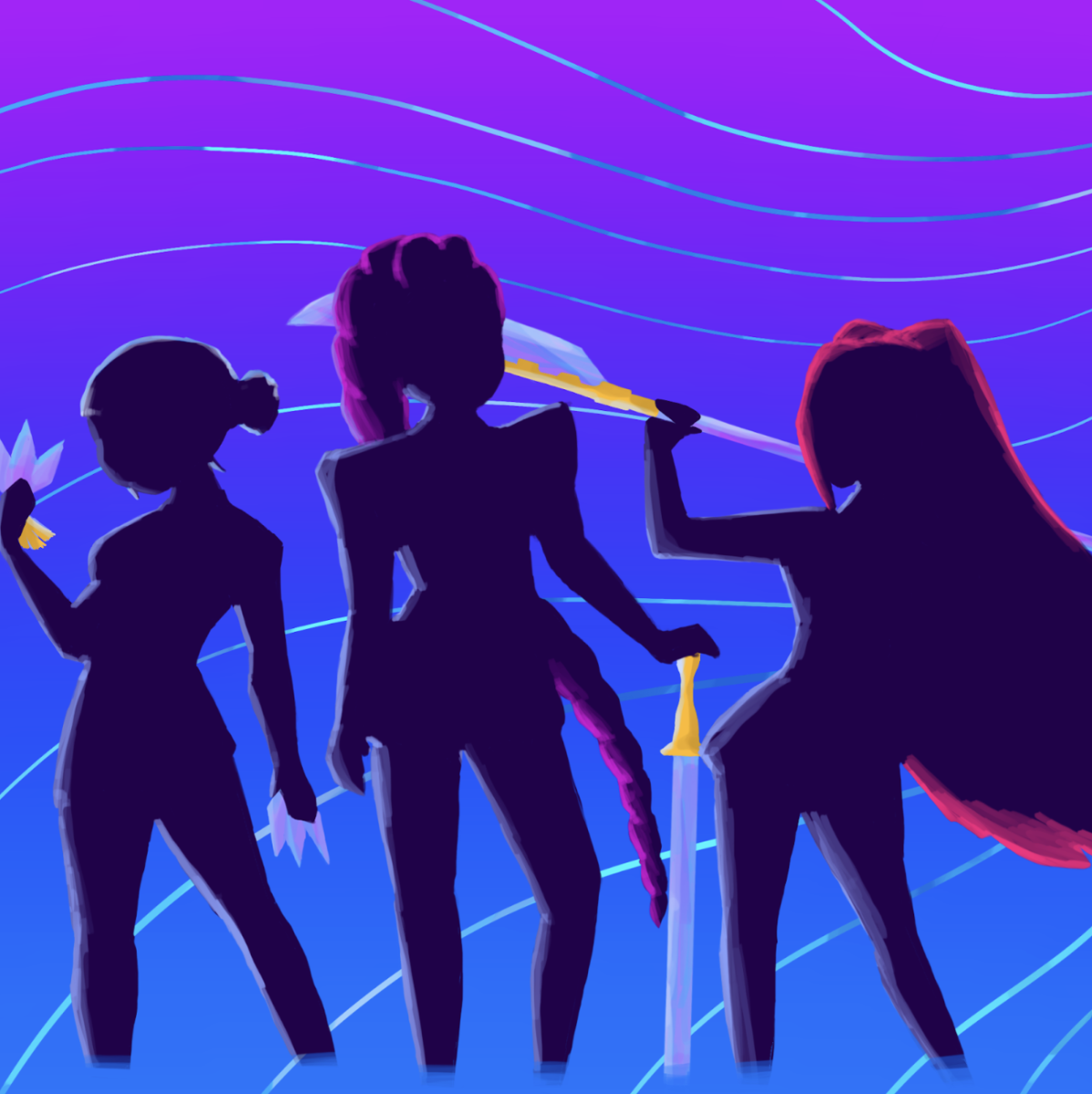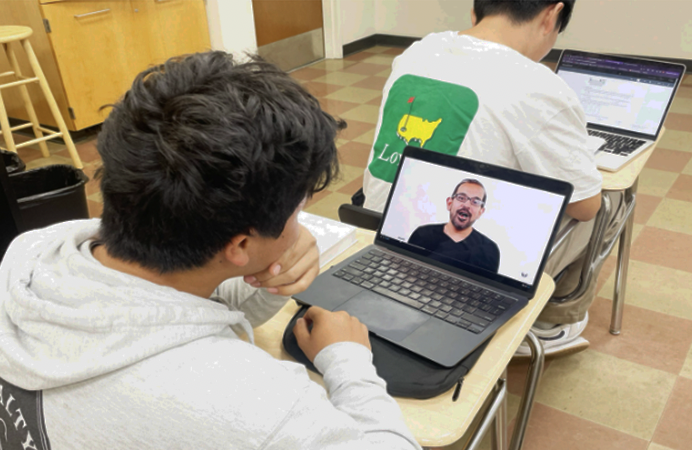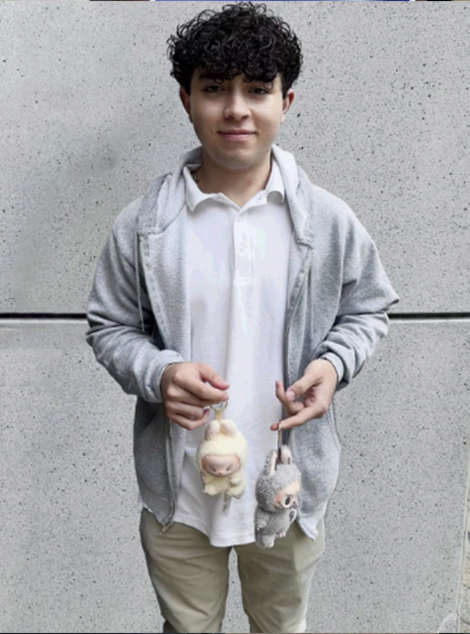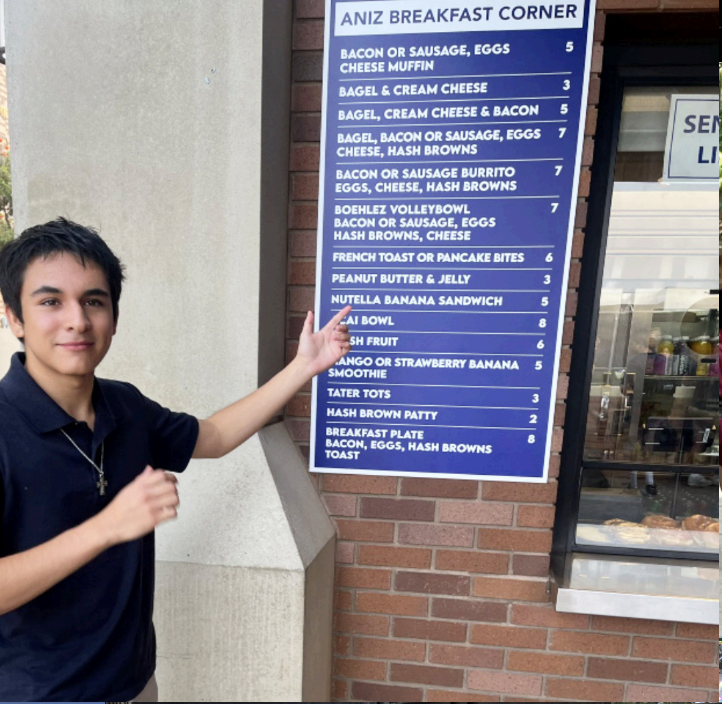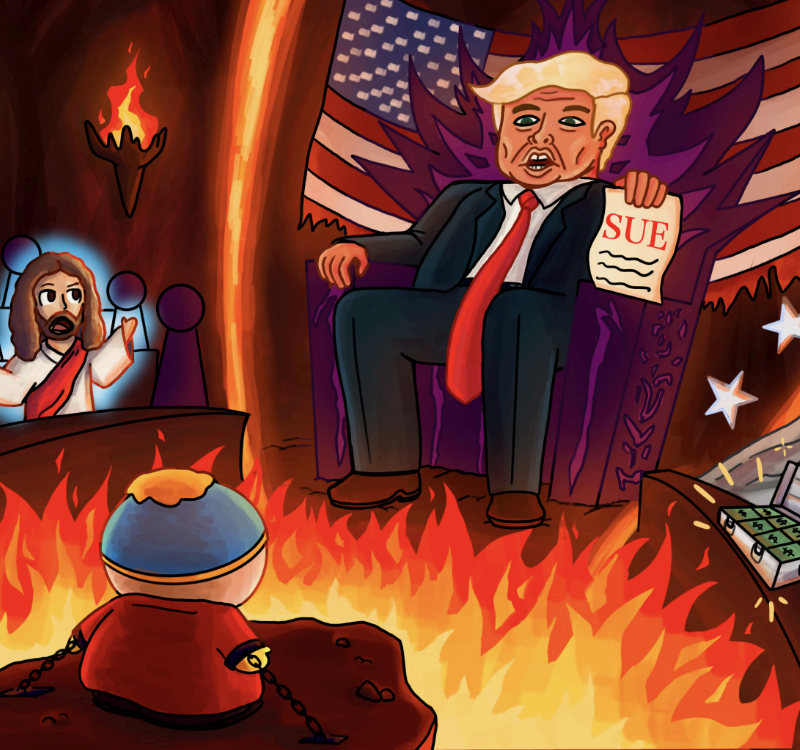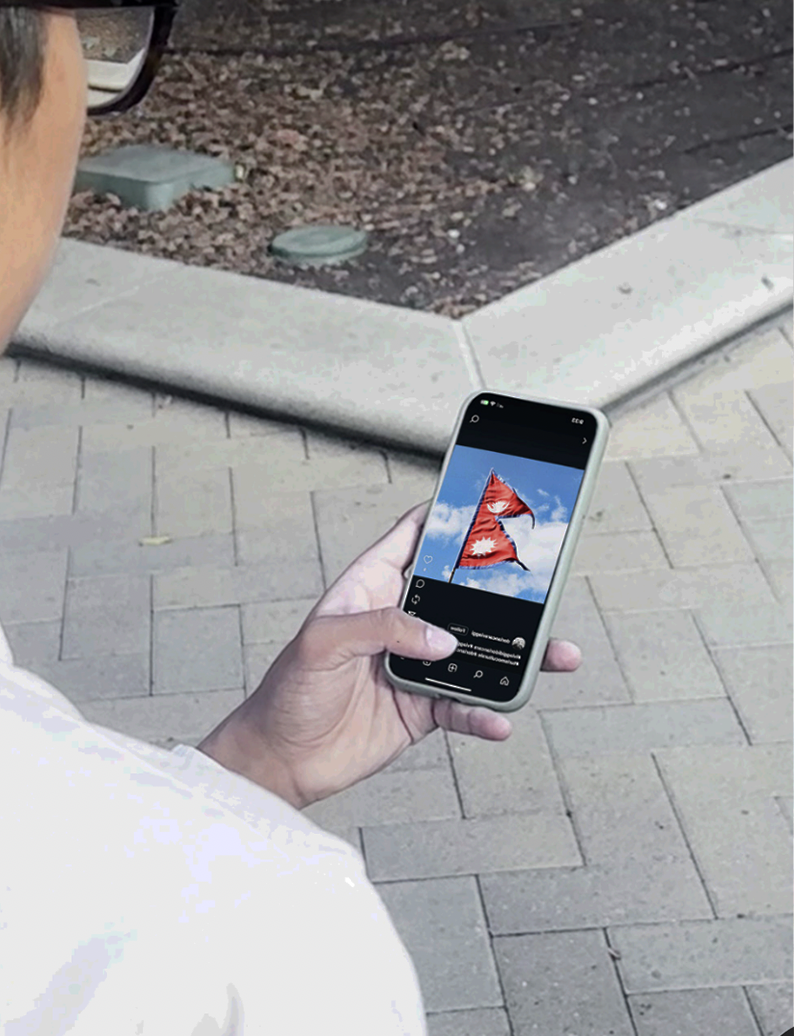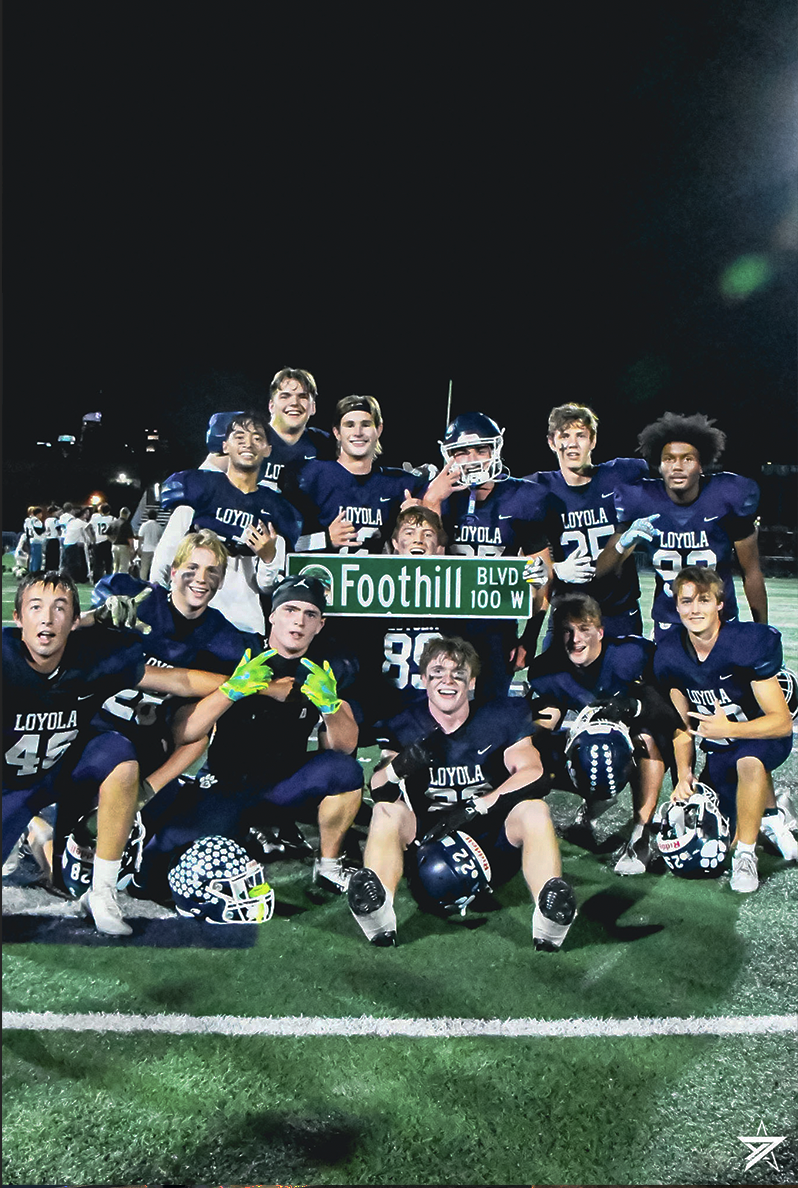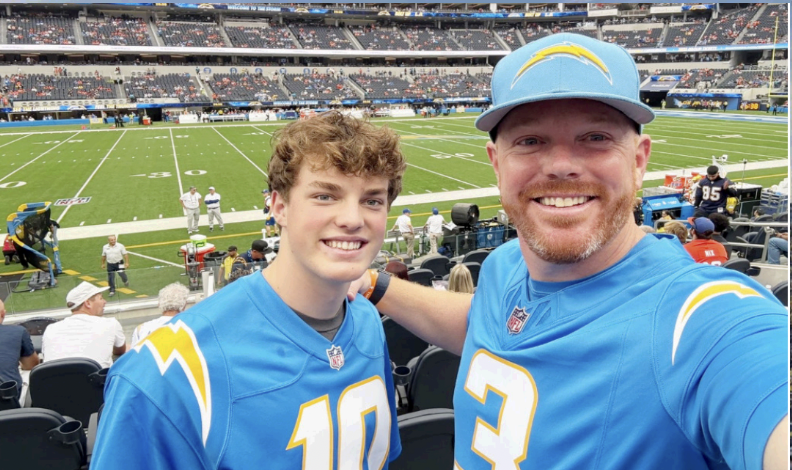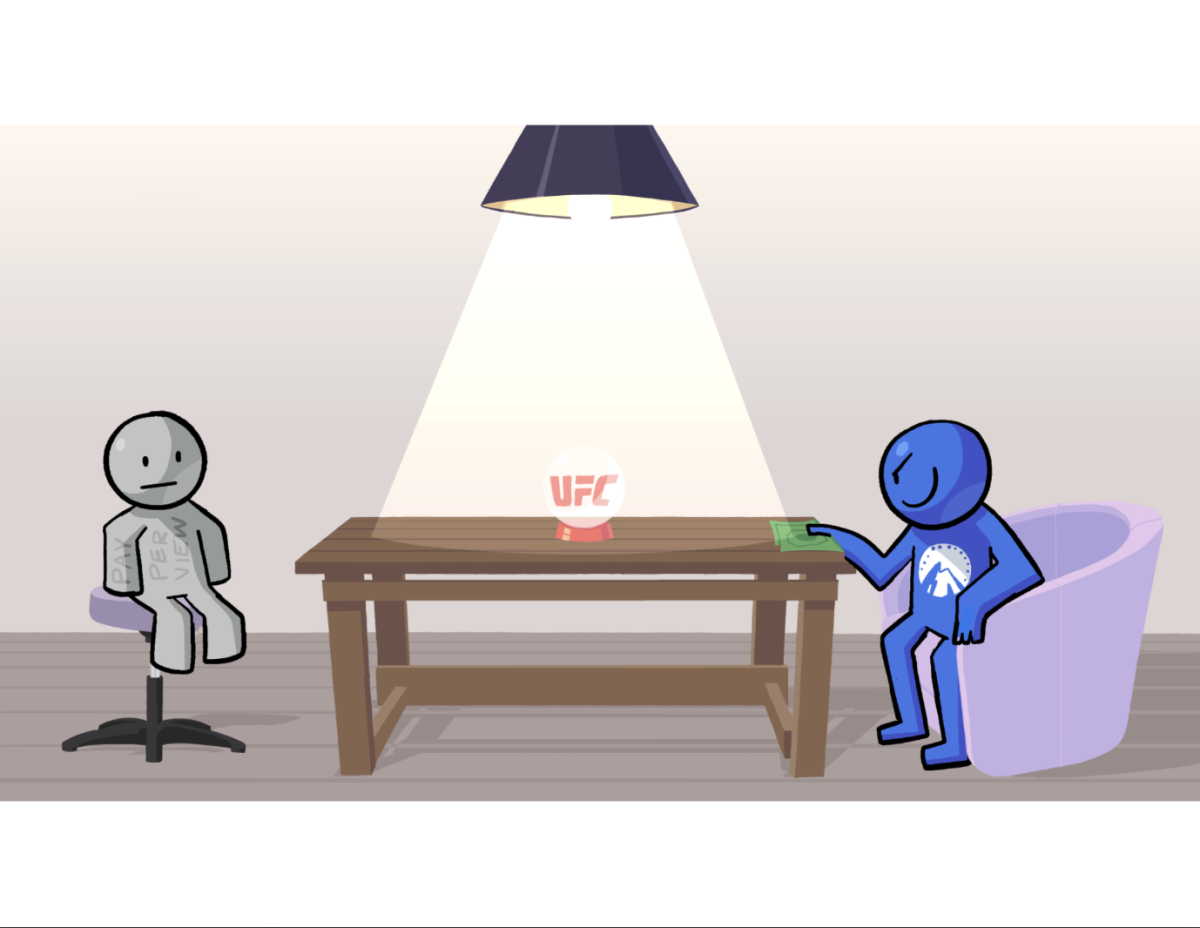
This March, Severance returned for Season 2 after a two-year hiatus. Immediately, fans were thrown back into the mysterious fictional world of Lumon Industries, in which the advent of “severance,” a procedure that entirely separates one’s “work” and “home” consciousness, has taken full hold over society. Work personalities are referred to as “innies” and home personalities are referred to as “outies,” and the subject of “severance” is highly politicized and conflict-filled in their society.
Season 2 picks up from the sharp cliffhanger at the end of the first season, encompassing a slow burn of backtracking, flashbacks and smattered perspectives.
Alex “Chazz” Michels ’25, who watched the new season premiere live, shared, “I screamed when the intro music hit. It’s not just a show, it’s a whole experience. The way it plays with memory and identity makes you think about your own life differently.”
At the end of Season 1, most viewers were probably wondering about much of the same information that hadn’t been addressed yet. The natural impulse to receive clear, elaborate answers to these questions loomed over those who watched the show progress.
Jack McNamara ’28, avid show enthusiast, explained, “People are obsessed because it feels like a puzzle. Every hallway, every line of dialogue, it all means something. And until the final episode drops, we’re all just guessing.”
Severance does an impeccable job of suspending viewers in this state of awe and curiosity at the world it builds and develops. The plot develops at a pace in which so much is happening and occurring, but at the same time, the “big” questions that the show poses aren’t being concretely answered—they essentially become more fortified and mystifying as more of the context surrounding them is revealed.
For example, the historical lineage of the Kier family, as well as their purpose for founding Lumon and overall mission, is relatively shrouded in mystery even by the culmination of the season.
Social media has also gone wild with memes from the show: Helly’s something’s-wrong icy stare, the now-iconic “You are not your job” quote, and more. The juxtaposition of workplace horror and genuine human emotion has made a big splash on platforms like TikTok and X, mostly due to the relatability of the show’s core thematic conflicts. It’s not easy to simultaneously juggle complicated home and work lives that differ so much from one another.
Mark is forced to make many tough choices that further emphasize the conflict between his “innie” and “outie,” and it is likely that the conflict between his two personas will reach a dramatic conclusion.
One thing is for certain: Severance has, once again, severed the barrier between content and phenomenon. The show is making an ambitious push to solidify itself as one of the best. It could not only be a revered artistic work worthy of comparison to shows like Breaking Bad and The Wire, but it also has the capacity to postulate nuanced, complete responses to the complicated ethical and philosophical questions it brings about.


